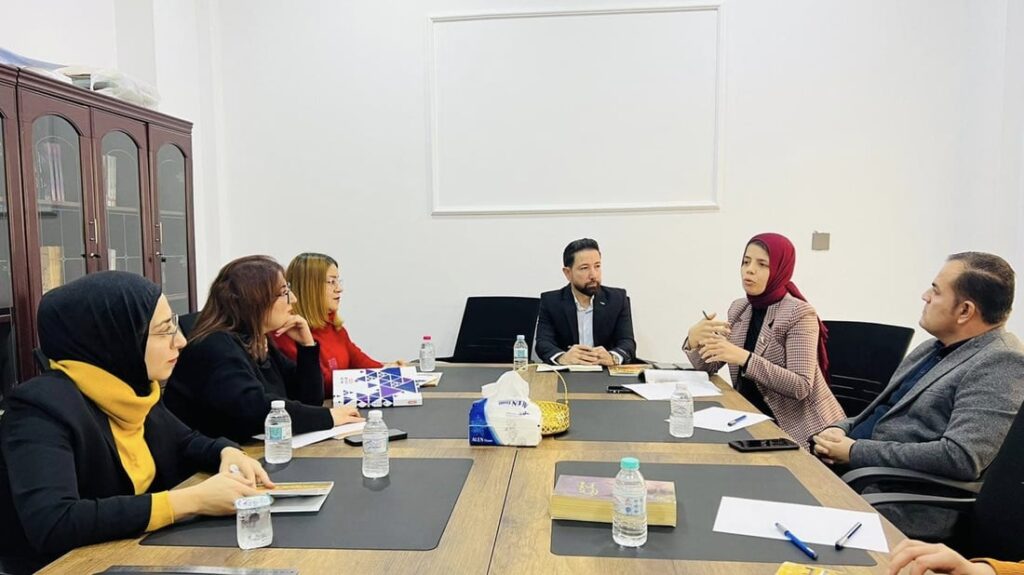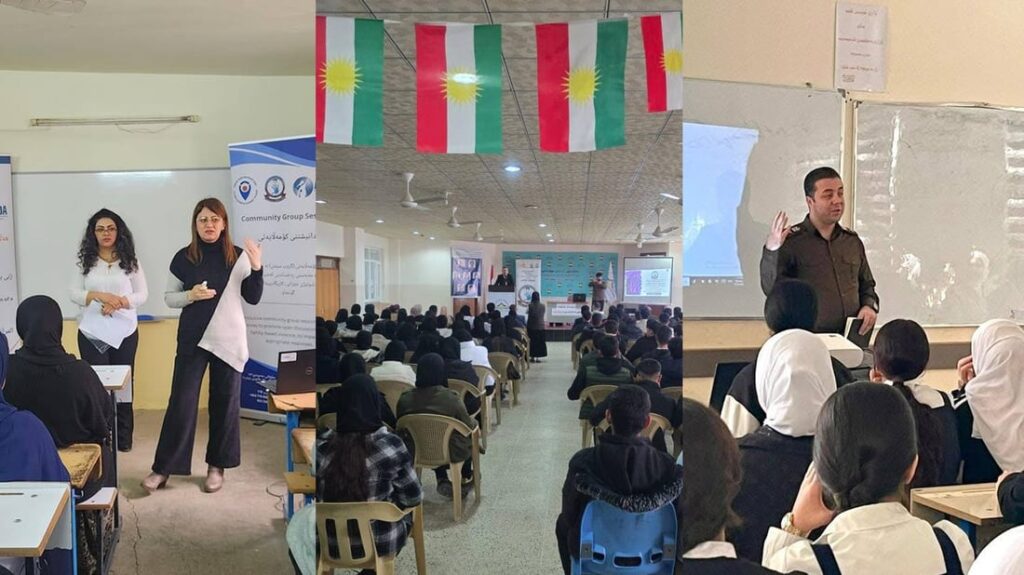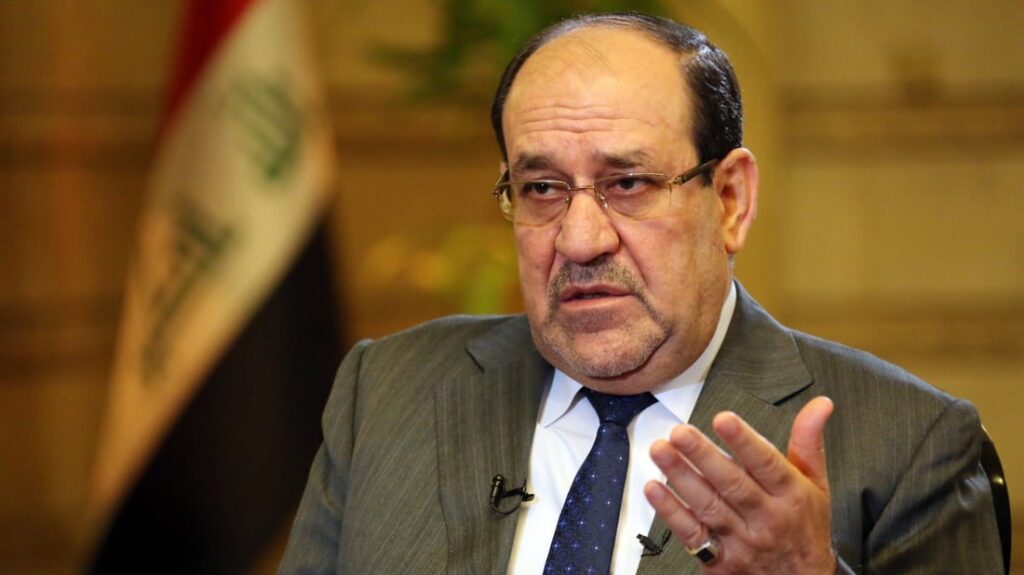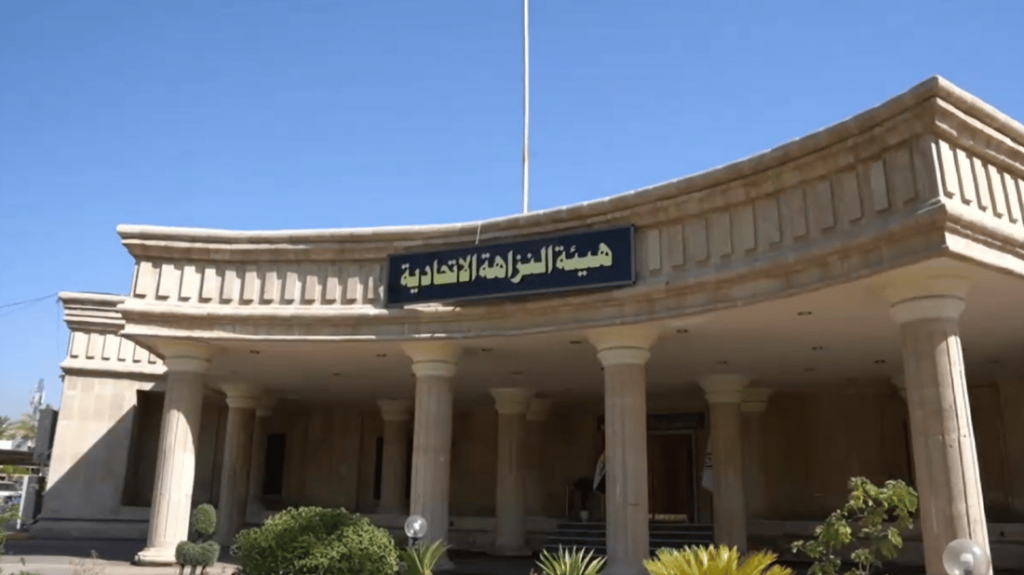World: ITU-UNESCO Digital Inclusion Week for Arab States [EN/AR]
Activities to focus on the use of digital technologies to combat non-communicable diseases
Cairo, 22 September 2019 – Non-communicable diseases (NDCs) including heart disease, stroke, cancer, diabetes and chronic lung disease are collectively responsible for almost 70% of all deaths today.
The International Telecommunication Union (ITU) and the United Nations Educational, Scientific and Cultural Organization (UNESCO) are co-hosting the fourth ITU-UNESCO Regional Digital Inclusion Week for Arab States from 22 to 28 September.
Under the theme "Health, Education and Big Data for Enhancing Wellbeing”, the week will explore the role that information and communication technologies (ICTs) are playing in combatting non-communicable diseases (NCDs).
Activities are taking place in seven countries, Bahrain, Egypt, Iraq, Saudi Arabia, State of Palestine, Sudan and Tunisia, with the support of 16 public and private sector partners from the region. “Information and communication technologies present a huge opportunity to deliver health care services and information especially to people living in rural and remote areas,” says Ebrahim Al Haddad, Director of the ITU Regional Office for Arab States. “We are delighted to partner with UNESCO during this week, which will help to further strengthen ITU’s existing work on noncommunicable.” “The Digital Inclusion Week aims to highlight and raise awareness on mechanisms to support the social inclusion of marginalized sectors of Arab societies through the use of ICTs, “ says Ghaith Fariz, Director of UNESCO’s Regional Bureau for Sciences in the Arab States. “The week is also part of our efforts to highlight of the importance of information sharing ahead of the UNESCO’s International Day for Universal Access to Information (IDUAI) which is celebrated on 28 September each year”.
During the week, activities will highlight ongoing digital health initiatives in areas such as telemedicine and the use of ICTs to access health information on the management of non-communicable diseases especially in remote and underserved areas. By sharing case studies, experiences, identifying best practices and supporting public awareness, the week seeks to contribute to positive lifestyle changes and the development and adoption of effective policies that can contribute to a more inclusive society.
For more information on Digital Inclusion Week, visit: https://bit.ly/2kTPtL8 Follow the week’s activities on social media using #Digitalinclusionweek and #AccessToInfoDay
For more information contact:
ITU:
Karim Abdelghani Programme Coordinator, ITU Arab Regional Office karim.abdelghani@itu.int
UNESCO:
Paul Hector, Advisor for Communication and Information UNESCO Regional Bureau for Sciences in the Arab States & Cluster Office for Egypt and Sudan p.hector@unesco.org Omar Abdel Gawad, Programme Associate, UNESCO o.abdel-gawad@unesco.org





